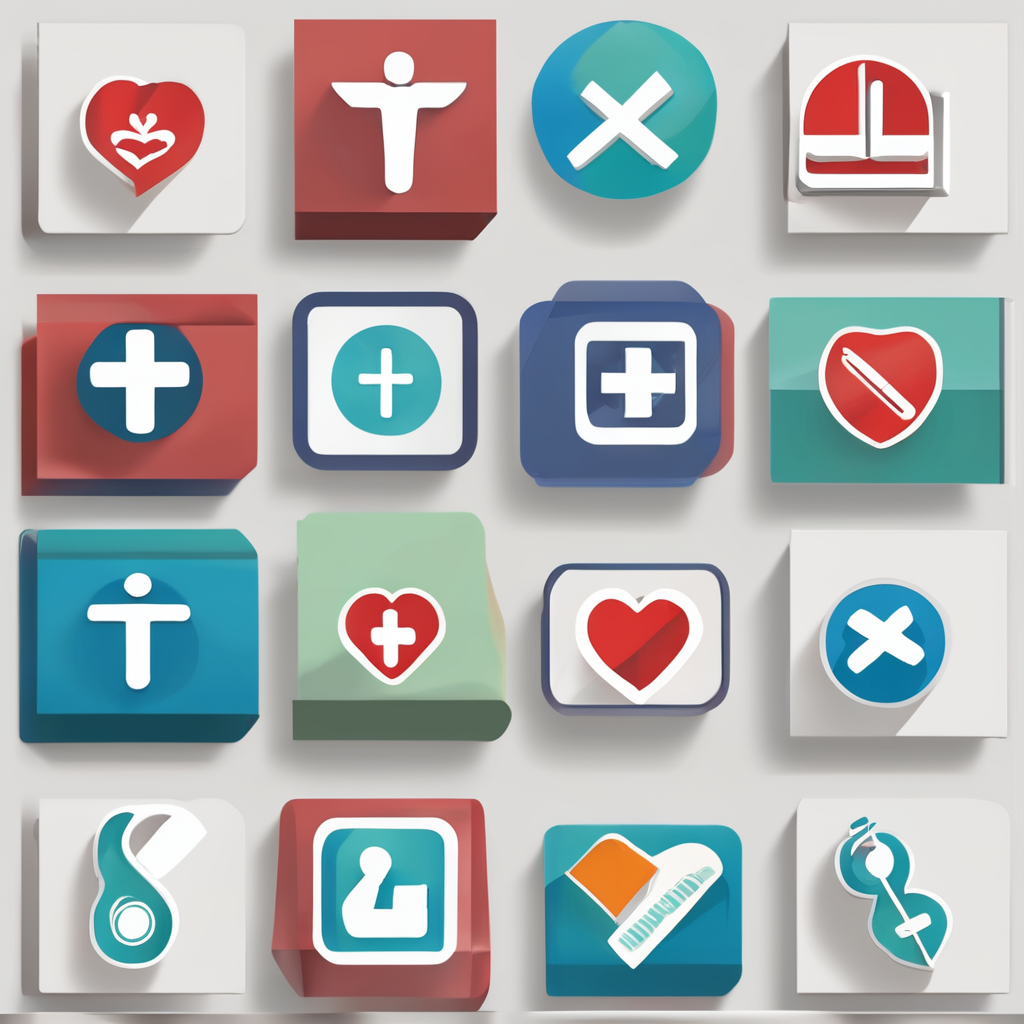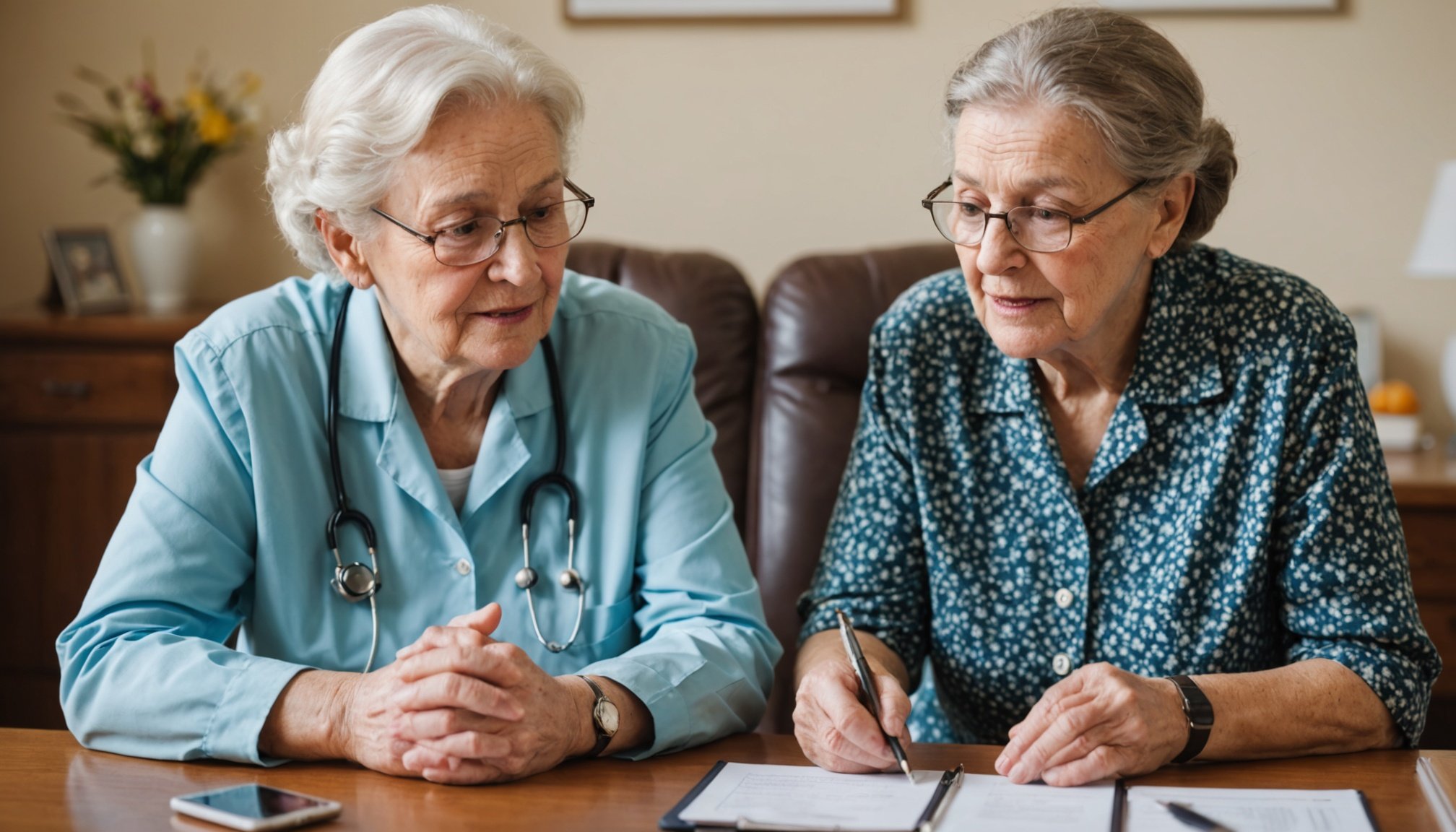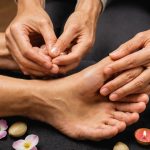Effective communication is crucial in the healthcare sector, particularly for our seniors. As people age, they often face various health issues that require them to interact frequently with healthcare providers. However, many older adults struggle with expressing their needs, understanding medical jargon, or even recalling details about their health. This article aims to explore strategies that seniors can employ to enhance their communication skills, ensuring they have productive interactions with their healthcare providers. We will discuss the importance of effective communication in achieving better health outcomes and offer practical tips for patients and their caregivers.
Understanding the Importance of Effective Communication in Healthcare
The foundation of any successful healthcare experience lies in communication. For seniors, effective communication can be the difference between receiving quality care and facing misunderstandings that lead to poor health outcomes. When older adults are able to convey their symptoms, concerns, and preferences clearly, healthcare providers can make more informed decisions regarding treatment plans.
In the same genre : What are effective strategies for seniors to improve their sleep quality?
Furthermore, good communication fosters a trusting relationship between the patient and provider. Seniors who feel heard and understood are more likely to adhere to their treatment regimens, attend follow-up appointments, and feel satisfied with the care they receive. Miscommunications can result from various factors, including cognitive decline, hearing impairments, and medication side effects which may cloud judgment or affect memory.
Additionally, as healthcare becomes increasingly complex, seniors must navigate a variety of providers and specialists. Effective communication helps them to articulate their health history and concerns, ensuring that all healthcare professionals are on the same page. This is particularly vital in managing chronic conditions, where clear information exchange can significantly impact the management strategies employed.
Have you seen this : Essential Nutritional Requirements for Seniors to Enhance Eye Health and Vision
In this context, understanding how to communicate effectively becomes not just beneficial but necessary for achieving optimal health results. This section outlines why effective communication is essential for seniors and their healthcare providers, setting the stage for practical strategies that can be implemented.
Strategies for Enhancing Communication Skills
To foster better interactions with healthcare providers, seniors can adopt several practical strategies designed to improve their communication skills. These strategies not only empower older adults but also enhance the quality of their healthcare experiences.
First, preparation is key. Before a medical appointment, seniors should consider jotting down their symptoms, questions, and any medications they are currently taking. This list can serve as a valuable reference during discussions with healthcare providers, ensuring that they communicate all relevant information without forgetting critical points. Organized notes allow one to focus on the conversation instead of scrambling to remember details.
Second, using assertive communication techniques can be beneficial. Seniors should feel entitled to ask questions and express concerns without hesitation. Phrases like, “Can you explain that in simpler terms?” or “I don’t understand this medication’s side effects” can help clarify complex medical language and ensure understanding. Providers appreciate when patients take an active role in their health discussions, as it leads to better engagement and adherence to treatment plans.
Seniors should also consider involving a family member or caregiver in their healthcare discussions. Having an advocate present can help ensure all details are relayed accurately. This person can also help remind the senior of questions to ask and can provide support during the appointment, which may alleviate anxiety.
Lastly, practicing communication skills in everyday situations can enhance overall effectiveness. Engaging in conversations with friends or family members about health-related topics can build confidence. The more comfortable seniors feel expressing their thoughts and concerns, the easier it will become during crucial healthcare discussions.
Leveraging Technology for Better Communication
In today’s digital age, technology offers numerous tools that can assist seniors in enhancing their communication with healthcare providers. These tools can bridge gaps and provide alternative avenues for expressing health concerns.
First, consider using health apps designed for older adults. Many of these applications allow users to track their symptoms, medication schedules, and health metrics like blood pressure or glucose levels. Having this data readily available can significantly improve discussions with healthcare providers, as seniors can provide precise information regarding their health status.
Telemedicine has also become a vital resource for seniors. This technology allows patients to consult with healthcare providers via video calls, which can be particularly useful for those with mobility issues or living in remote areas. Telehealth appointments often provide a more relaxed environment, making it easier for seniors to articulate their health concerns without the stress of navigating a busy waiting room or clinic.
Furthermore, many hospitals and clinics now provide patient portals that enable seniors to access their medical records, lab results, and appointment histories. Understanding one’s health background can empower seniors to engage more effectively with their providers. These portals often have messaging features that allow for direct communication with healthcare teams, fostering ongoing dialogues outside of scheduled appointments.
Finally, utilizing social media platforms and online forums can offer support and knowledge sharing among seniors regarding health-related issues. Connecting with peers who share similar health challenges can provide emotional support and valuable advice on how to navigate communication with healthcare providers.
Overcoming Barriers to Effective Communication
Despite the various strategies available, several barriers may still hinder effective communication between seniors and their healthcare providers. Awareness of these challenges can help both parties work towards overcoming them.
One significant barrier is cognitive decline, which may affect a senior’s ability to process information or recall important details. Healthcare providers should be patient and willing to repeat information as necessary. Encouraging seniors to take notes during appointments can also help them retain crucial data. Additionally, providers can simplify their language, avoiding medical jargon that may confuse patients.
Hearing impairments can also pose challenges. Seniors should not hesitate to request that their provider speak louder or more clearly. Utilizing assistive listening devices during appointments can also make a significant difference. Providers must ensure their environment is conducive to communication, such as minimizing background noise and maintaining eye contact to gauge understanding.
Furthermore, emotional factors such as anxiety or fear may inhibit seniors from expressing their needs. Building a rapport with healthcare providers can help alleviate these feelings. Providers should create a welcoming atmosphere where patients feel comfortable voicing concerns. Moreover, offering reassurance and empathy can significantly enhance the patient’s willingness to engage in open dialogue.
Lastly, socioeconomic factors, such as limited access to transportation or financial constraints, can affect attendance at appointments. Healthcare systems must work to provide resources for transportation or telehealth alternatives, ensuring seniors can maintain consistent communication with their providers.
In conclusion, developing effective communication skills is essential for seniors to engage positively with their healthcare providers. Through understanding the importance of communication, adopting practical strategies, leveraging technology, and overcoming barriers, older adults can significantly improve their healthcare experiences. Enhanced communication leads to better health outcomes, fostering a collaborative relationship between patients and their healthcare teams.
By prioritizing effective communication, seniors empower themselves in their health journey, enhancing their quality of life and ensuring their voices are heard. As we continue to adapt to the evolving healthcare landscape, it is vital for older adults to embrace these strategies, fostering a culture of understanding and support within healthcare settings.











